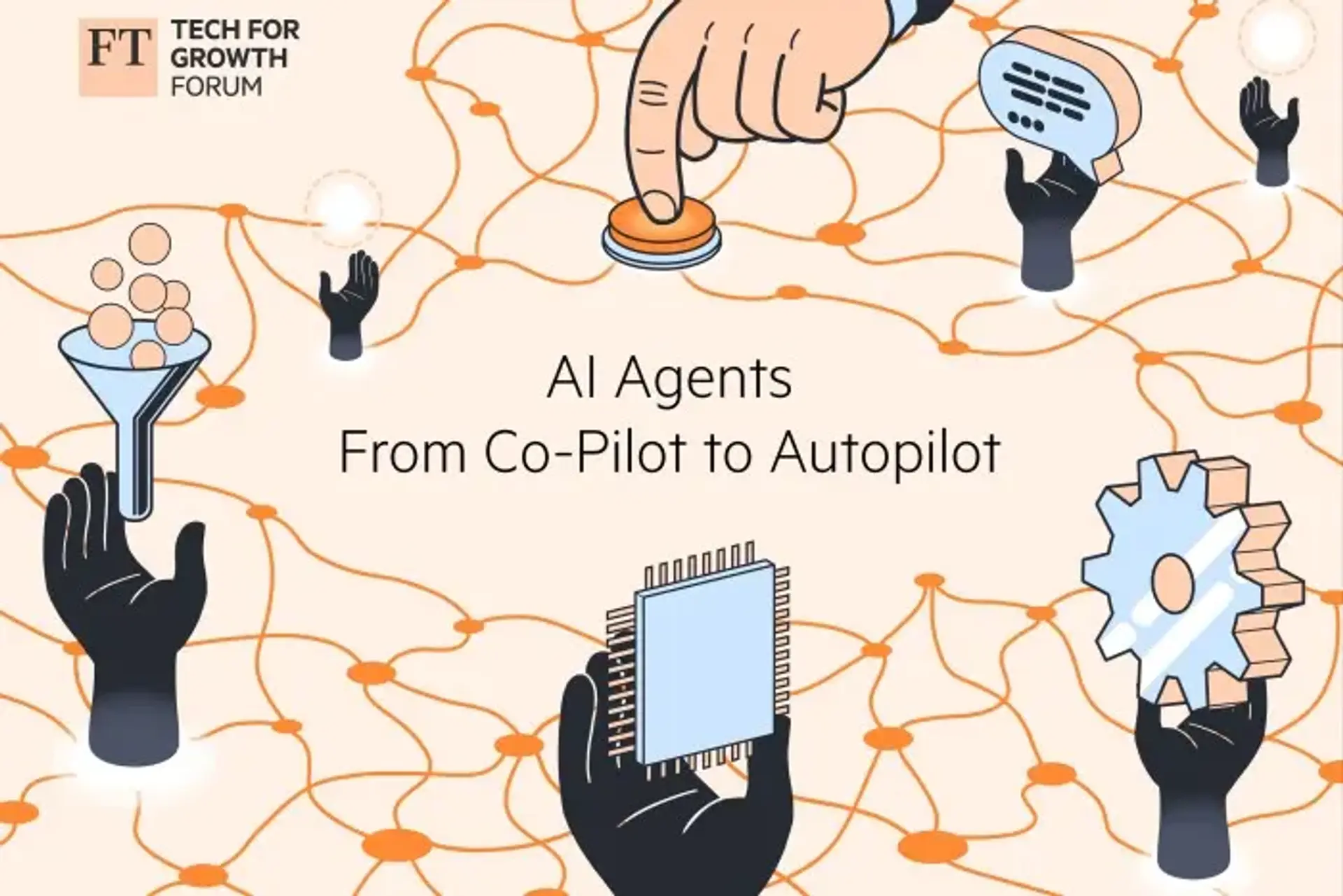The rise of AI agents, designed to perform tasks autonomously, is generating both excitement and scrutiny. These agents aim to execute complex, multi-step tasks independently, learning and adapting without direct human oversight. They leverage reasoning, planning, and memory to make decisions and interact with their environment. Unlike AI assistants or simple bots, AI agents exhibit a higher degree of autonomy, handling intricate workflows and improving performance over time through machine learning.
AI agents gather data from various sources, analyse it using machine learning algorithms, and make informed decisions aligned with their objectives. Industries such as finance and banking are already benefiting from AI agents through automation, streamlined invoice processing, and real-time risk monitoring. They can automate complex tasks, optimise workflows, and provide personalised experiences by storing past interactions and planning future actions.
Despite their potential, the effectiveness of AI agents hinges on data quality and accessibility. While autonomous, these agents still require clearly defined goals and rules set by humans. As AI agents evolve, they promise to revolutionise various sectors by improving efficiency, compliance, and customer service.
Related Articles

AI Transforms Investment Banking
Read more about AI Transforms Investment Banking →
AI Learns Artistic Styles
Read more about AI Learns Artistic Styles →
AI pinpoints post-op pain risks
Read more about AI pinpoints post-op pain risks →
AI Specialisation Accelerates
Read more about AI Specialisation Accelerates →
